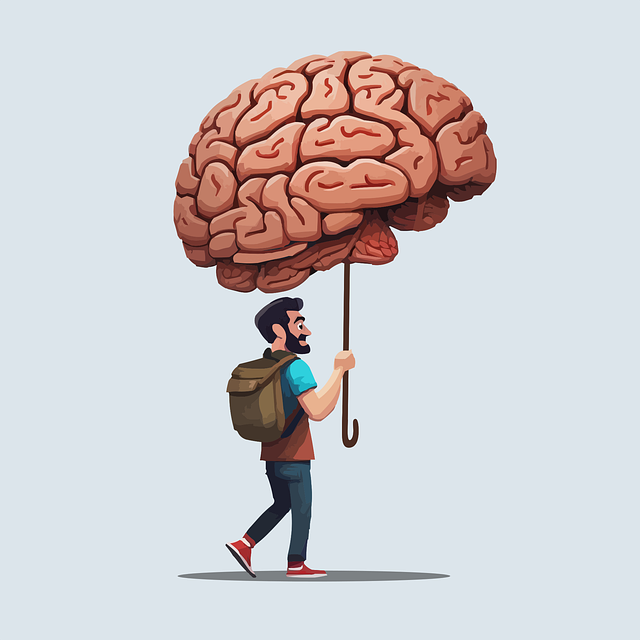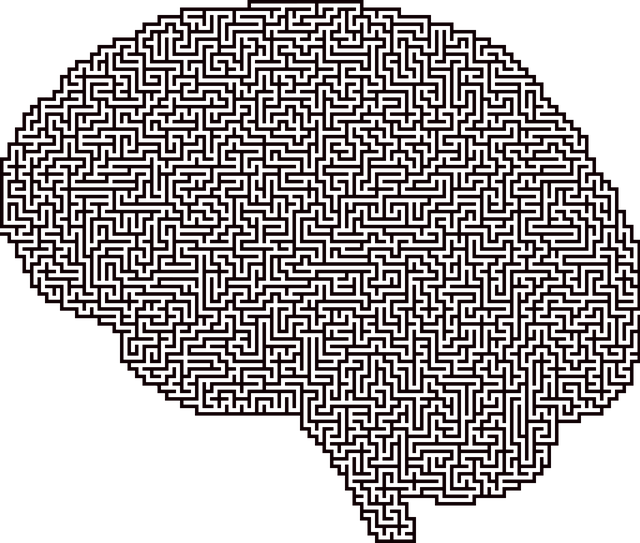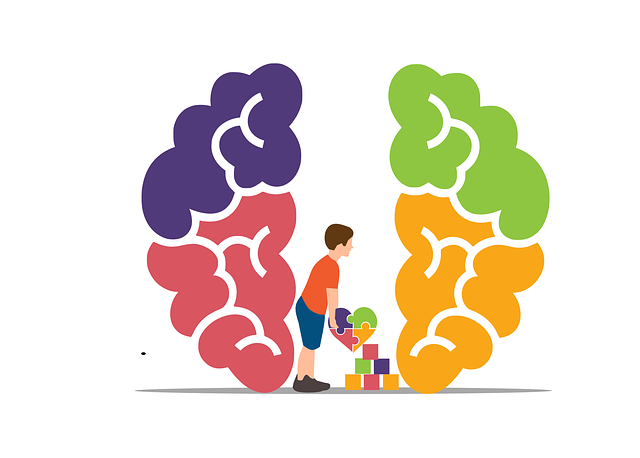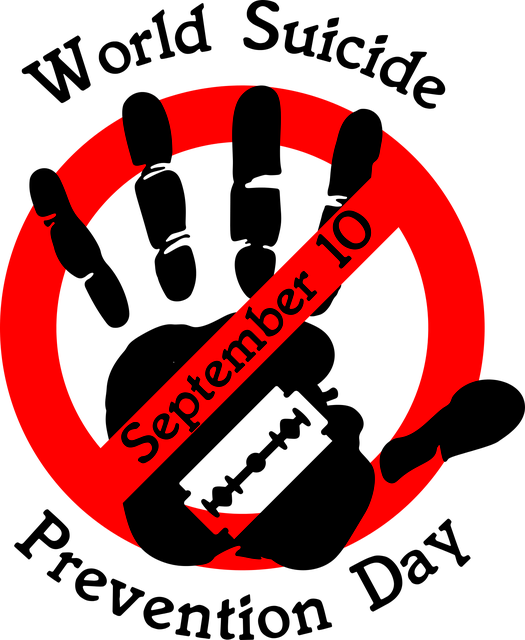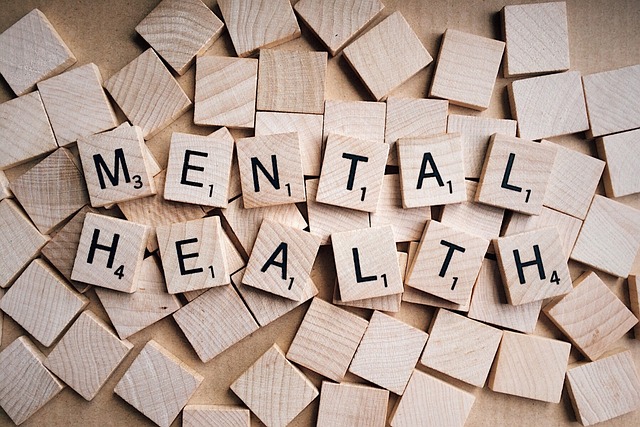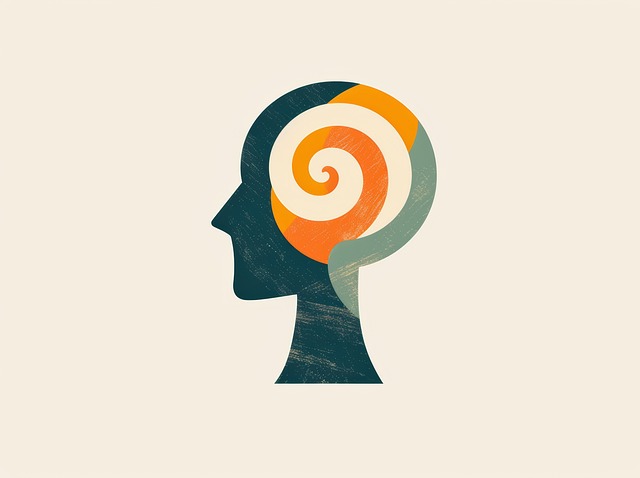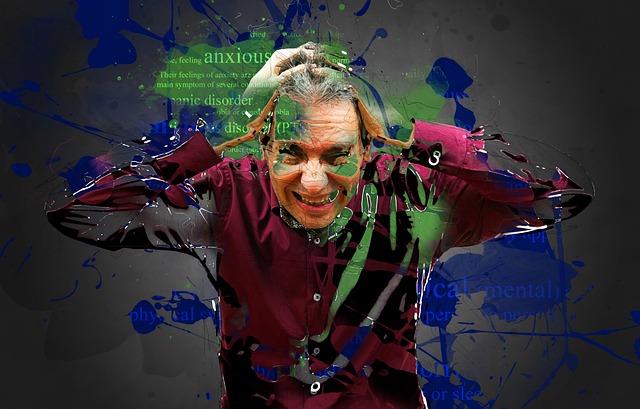Boulder International Adopts Therapy (BIAT) provides holistic social skills training tailored for individuals with anxiety, depression, and PTSD. Combining evidence-based therapy, mindfulness, art, and group discussions, BIAT empowers clients to develop crucial social skills, emotional resilience, and burnout prevention strategies. Through personalized support, structured journaling, community outreach, and empathy-building techniques, BIAT helps participants form meaningful connections, resolve conflicts, and lead more fulfilling lives, even with mental health challenges. This revolutionary program addresses a key gap in traditional therapy by equipping both clients and healthcare providers with tools for improved social interactions and overall well-being.
Social skills training is a powerful tool for managing mental health conditions, addressing crucial social interactions often affected by anxiety, depression, or trauma. This article explores the intricate link between social competencies and mental wellness, highlighting the pivotal role of programs like Boulder International Adoptions Therapy. We delve into key components that underpin successful training, real-world applications, and the profound benefits these programs offer individuals navigating various mental health challenges.
- Understanding the Link Between Social Skills and Mental Health
- The Role of Boulder International Adoptions Therapy in Skill Development
- Key Components of Effective Social Skills Training Programs
- Real-World Applications and Benefits for Individuals with Mental Health Conditions
Understanding the Link Between Social Skills and Mental Health

In today’s world, social skills training is an essential component of comprehensive mental health care. Mental health conditions can often impact an individual’s ability to connect with others, communicate effectively, and navigate social situations, leading to feelings of isolation and further exacerbating symptoms. The link between social skills and mental health is deeply intertwined; lacking robust social skills can contribute to the development or worsening of conditions such as anxiety, depression, and even PTSD. By fostering inner strength through compassion cultivation practices, individuals can learn to regulate their moods, build healthier relationships, and ultimately enhance their overall well-being.
Boulder International Adoptions Therapy recognizes this crucial connection and offers specialized programs designed to target these challenges. Their approach combines evidence-based therapy techniques with strategies taught by experts in mindfulness and emotional regulation, empowering individuals to develop the necessary social skills for thriving in various aspects of life. Through personalized support and compassionate guidance, clients can build resilience, gain confidence in social interactions, and create a more fulfilling life, even in the face of mental health challenges.
The Role of Boulder International Adoptions Therapy in Skill Development

Boulder International Adoptions Therapy (BIAT) plays a pivotal role in empowering individuals with mental health conditions to enhance their social skills and emotional well-being. Through innovative approaches, BIAT goes beyond traditional therapy by integrating various techniques such as art therapy, group discussions, and mindfulness exercises into its programs. These activities not only facilitate the expression of emotions but also teach effective communication strategies, a crucial component in managing and improving mental health.
The therapy’s design focuses on fostering resilience, especially among healthcare providers who often face burnout due to demanding work environments. By incorporating emotional well-being promotion techniques, BIAT equips participants with tools to navigate social interactions successfully. Furthermore, the program includes burnout prevention strategies tailored for healthcare professionals, ensuring they maintain optimal mental health while caring for others. This holistic approach, combined with a supportive community atmosphere, makes Boulder International Adoptions Therapy a game-changer in the field of mental health education programs.
Key Components of Effective Social Skills Training Programs

Effective social skills training programs for mental health conditions are multifaceted and tailored to address specific needs. At Boulder International Adoptions Therapy, we prioritize key components that foster meaningful connections and enhance overall mental wellness. One core element is mental wellness journaling exercise guidance. Encouraging individuals to reflect on their interactions and emotions through structured journaling promotes self-awareness and helps them identify patterns in social behaviors and triggers.
Additionally, our programs incorporate community outreach program implementation to create real-world opportunities for practicing new skills. By engaging in community activities, clients build confidence in social settings, learn to navigate diverse environments, and develop coping strategies for potential challenges. Moreover, we integrate empathy building strategies throughout the training process, focusing on active listening, perspective-taking, and nonverbal communication cues. These strategies are essential for forming deeper connections, resolving conflicts, and fostering a sense of belonging within social networks.
Real-World Applications and Benefits for Individuals with Mental Health Conditions

Social skills training offers real-world applications and significant benefits for individuals navigating mental health conditions. By learning effective communication strategies, individuals can enhance their relationships and social interactions, reducing feelings of isolation and promoting a sense of belonging. This is particularly crucial in managing conditions like anxiety or depression, where social withdrawal can exacerbate symptoms. For instance, the Boulder International Adoptions Therapy program focuses on cultivating emotional intelligence and enhancing social connectivity, providing clients with tools to navigate social situations confidently.
This training empowers individuals to develop resilience against stigma and foster healthier relationships, ultimately improving their overall well-being. Additionally, it benefits healthcare providers by equipping them with burnout prevention strategies. By integrating emotional intelligence and mood management techniques into clinical practice, healthcare professionals can offer more holistic care, enhancing patient outcomes while mitigating the risks of profession-related stress and fatigue.
Social skills training, particularly through specialized programs like those offered by Boulder International Adoptions Therapy, plays a pivotal role in enhancing mental health outcomes. By focusing on key components such as communication, empathy, and social interaction, these programs empower individuals to navigate social environments more effectively. The real-world applications of such training are profound, fostering better relationships, increased self-confidence, and improved overall well-being for those managing various mental health conditions.


